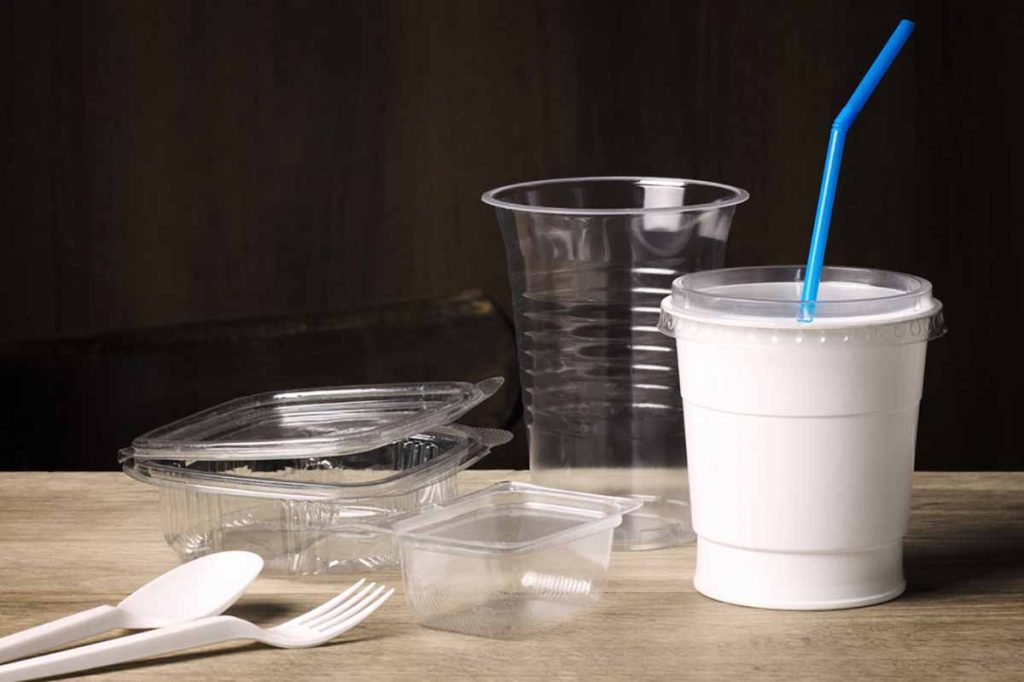<![CDATA[
Redding, California-based TechniSoil Industrial has provided an asphalt binder made with recycled-content G5 polymer to a Caltrans highway repaving project in Oroville, California.
“By incorporating G5, this new stretch of highway contains a recycled-plastic content equivalent reaching 150,000 bottles per lane mile,” states Caltrans (the California Department of Transportation).
According to TechniSoil, the newly formulated asphalt “has five times the tensile strength of [traditional] asphalt and will last two to three times longer, and the incorporation of recycled plastic bottles into a better-performing road has positive long-term cost and environmental implications.”
Caltrans says the piloted use of the additive was part of a cold in-place asphalt recycling and repaving project on a section of Highway 162 in Oroville. Caltrans says it marks “the first time the department has paved a road using 100 percent recycled materials.”
The pilot project features work on three lanes of a 1,000-foot highway segment. The department is testing the material for later use throughout the state. The $3.2 million paving project has Lamon Construction Co. Inc. of Yuba City, California, as the prime contractor.
“This pilot project underscores the department’s commitment to embracing innovative and cost-effective technologies while advancing sustainability and environmental protection efforts,” says Caltrans Director Toks Omishakin.
Caltrans currently has a cold in-place asphalt recycling program that uses large machines to remove 3 to 6 inches of roadway surface and grind up the asphalt while mixing it with a foamed binding agent made of bitumen, a leftover sludge from oil refining. With this traditional technique, the recycled material used only is durable enough to serve as the roadway base. Trucks need to deliver hot-mix asphalt from an offsite production plant and place a final layer over the base.
Using the new technology developed by TechniSoil, a recycling “train” of equipment grinds up the top three inches of pavement and then mixes the grindings with the G5 liquid plastic polymer binder, which is made in part of discarded plastic bottles. The new asphalt material is then placed on the top surface of the roadway, eliminating the need for trucks to bring in outside material for a paving operation. By eliminating the need to haul asphalt from the outside, this process can cut greenhouse gas emissions, says Caltrans.
“Using plastic that was otherwise destined for a landfill will not only reduce the cost of road repair and construction, but also increase the strength and durability of our roads,” says state Sen. Ben Hueso, who Caltrans says has advocated for the agency to test this material.
“We’re excited about introducing a new sustainable technology and helping pave the way for utilization of recycled plastics throughout the state,” says Caltrans District 3 Director Amarjeet S. Benipal. “This process is better for the environment because it keeps plastic bottles out of landfills and helps reduce
greenhouse gas emissions and reliance on fossil fuels.”
]]>


